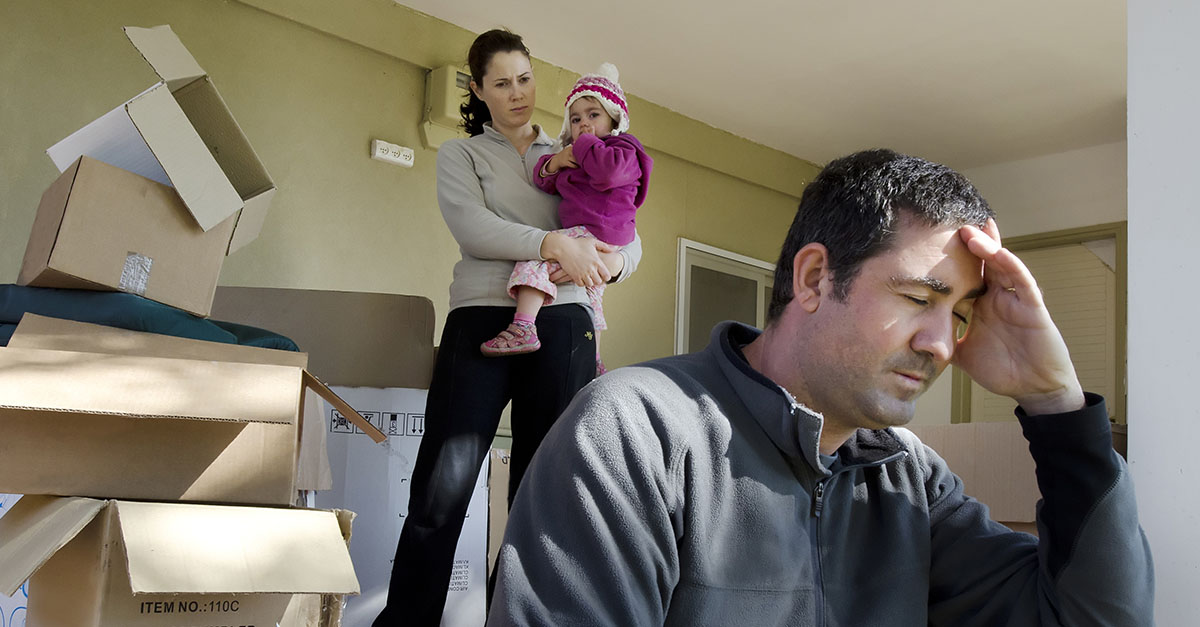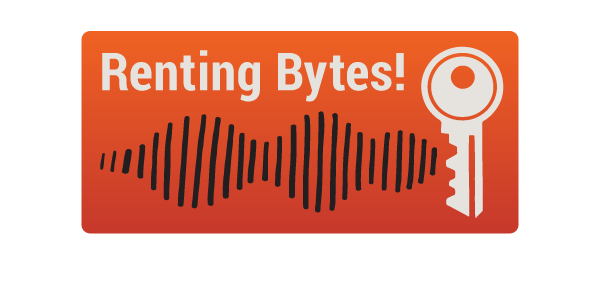Vulnerable tenancies a growing issue despite COVID recovery
Pamela Hunter • 22/03/2022
Thanks to Pamela Hunter and the VERTO South West NSW Tenants Advice and Advocacy Service for permission to republish this blog piece. You can find the original on their website here.
On 11th March 2020 the World Health Organisation declared the novel coronavirus (COVID-19) a global pandemic. The world was in crisis, and no one was exempt.
As a result, the NSW Government recognised the importance of providing everyone with the basic human right of sustainable housing and introduced a moratorium on evicting tenants who were financially impacted by COVID-19.
The moratorium highlighted that everyone deserves the right to stable housing, including tenants. Whilst the moratorium and transition period may have ceased on 12th February 2022, the human rights objective of it should not. Tenants should still have access to stable housing and the peace of mind that comes with it.
Many vulnerable tenants that VERTO works with were in crisis well before March 2020 and will continue to face personal crises into the future. A crisis should not have to make the world stage before our most vulnerable people have safeguards implemented.
Evictions remain an issue
 Eviction of tenants as a way of removing them from their homes is increasing, and the existing legislation enables it relatively easily. ‘No grounds’ eviction notices mean a landlord can evict a tenant without any reason, giving them 90 days to move out. This legislative right of the landlord means many tenants experience constant insecurity about having a roof over their heads.
Eviction of tenants as a way of removing them from their homes is increasing, and the existing legislation enables it relatively easily. ‘No grounds’ eviction notices mean a landlord can evict a tenant without any reason, giving them 90 days to move out. This legislative right of the landlord means many tenants experience constant insecurity about having a roof over their heads.
What is not commonly considered by landlords or society at large is the financial cost and stress associated with eviction. According to the Tenant’s Union report Eviction, hardship and the housing crisis: Building a crisis-resilient renting system, the basic cost of moving in NSW is $2,520 but is more likely to reach $4,075 when you consider the associated costs. The landlord also faces average costs of $1,000 - $1400 to end the tenancy and find a new tenant.
However, the second-order impacts have far-reaching costs that can affect every Australian, from rising debt levels and the need for support services, to the broader economic impacts of homelessness.
Since the end of the moratorium, VERTO has seen a significant increase in tenants accessing our Tenants Advice and Advocacy Service (TAAS), and 26% of these tenants also reported mental health concerns as a result of tenancy issues, which saw them referred to local support services.
It’s an issue that can affect our entire economy, placing more stress on health and welfare services, many of which are already at capacity.
Vacancy rates are low, prices are rising
Current vacancy rates are compounding the ease of eviction and the continual use of 90 day ‘no grounds’ evictions. We are seeing vacancy rates as low as 0.3%. Unfortunately, this means that finding a new rental is difficult for any tenant, and prices in many areas are unaffordable.
Median rents here in Central NSW alone have risen 13.43% in the last 12 months. This can equate to a significant portion of income, particularly for those already living paycheque to paycheque.
So what happens to someone who can no longer afford their current rental or receives a termination notice, and can’t find affordable housing? Lists for publicly funded housing are long, and the wait can be years, so options are limited.
This is where we see people experiencing housing instability or homelessness. They may seek temporary shelter with friends, family or charity services, and face the instability of no fixed address, or in the most dire circumstances, may be forced to sleep rough without shelter or safety.
It’s time to put a spotlight on everyday challenges
As a society, we had a broad empathy for people experiencing COVID-related hardship because it was a global crisis – something we were all experiencing simultaneously.
But it’s time to focus on the tenants who face personal crises every single day, from employment and housing instability to domestic and family violence. These people are often far more vulnerable than those who experienced pandemic-related difficulties, and for many, there is no end in sight. Yet, unfortunately, they can slip under our radar because we simply aren’t as aware of these issues.
So, what can be done?
The Tenants’ Union report Eviction, hardship and the housing crisis: Building a crisis-resilient renting system provides a forward-thinking and whole of system approach to encourage positive changes for tenants and society at large. It is clear more support is needed for some of the most vulnerable in our communities. We look forward to these conversations progressing.
At VERTO we believe that real, sustainable change in society comes from the active participation and advocacy of a range of organisations like the Tenants' Union, not just Government. That is why we play an active role in supporting the people most affected by these issues.
If you are facing tenancy issues, VERTO can help. We can help you understand your rights and responsibilities, resolve issues and navigate tribunal requirements. In addition, we can connect you to support services, such as our in-house financial counsellor, who provides free support to those facing financial hardship.
Get in touch with the TAAS team on 1300 4 VERTO (1300 483 786) or at info@verto.org.au to seek support.
Renters in other areas of New South Wales can contact their local Tenants Advice and Advocacy Service here.




